30 idioms For dictionary
Language is lots more than certainly terms—it’s the emotions, way of existence, and creativity at the back of the ones words that deliver conversations to existence. Among the diverse methods language will become expressive, idioms preserve a completely unique place. These are terms that don’t generally mean precisely what the phrases say, but they talk thoughts in a way that’s wealthy, memorable, and relatable.
If you are analyzing English, or maybe if you’re a close-by speaker looking to deepen your knowledge, an idioms dictionary can be a crucial device. Think of it as your trusted associate that helps you unfastened up the hidden meanings in the back of common sayings, making your conversations feel more natural and attractive.
In this text, we’ll find out the precise role idioms play in communication, how an idioms dictionary works, and why using you’ll remodel your language capabilities from easy to great. You’ll no longer find handiest what idioms recommend, however moreover how and when to apply them with a chunk of good fortune in everyday existence.
1. What Is an Idioms Dictionary?
An idioms dictionary is a completely unique kind of dictionary that explains common terms that don’t suggest precisely what the phrases say. For instance, if you hear a person say “spill the beans,” they’re now not genuinely speakme about beans—they endorse “show a secret.
Unlike a normal dictionary that explains unmarried phrases, an idioms dictionary lets you understand the whole phrase, in which it comes from, and the manner humans use it in everyday conversations.
Why Is It Useful?
- It allows you to recognize complex phrases.
- It teaches you strategies for local audio machines in fact.
- It suggests the manner of life and memories at the back of the terms.
2.Why Are Idioms Important in Language Learning?
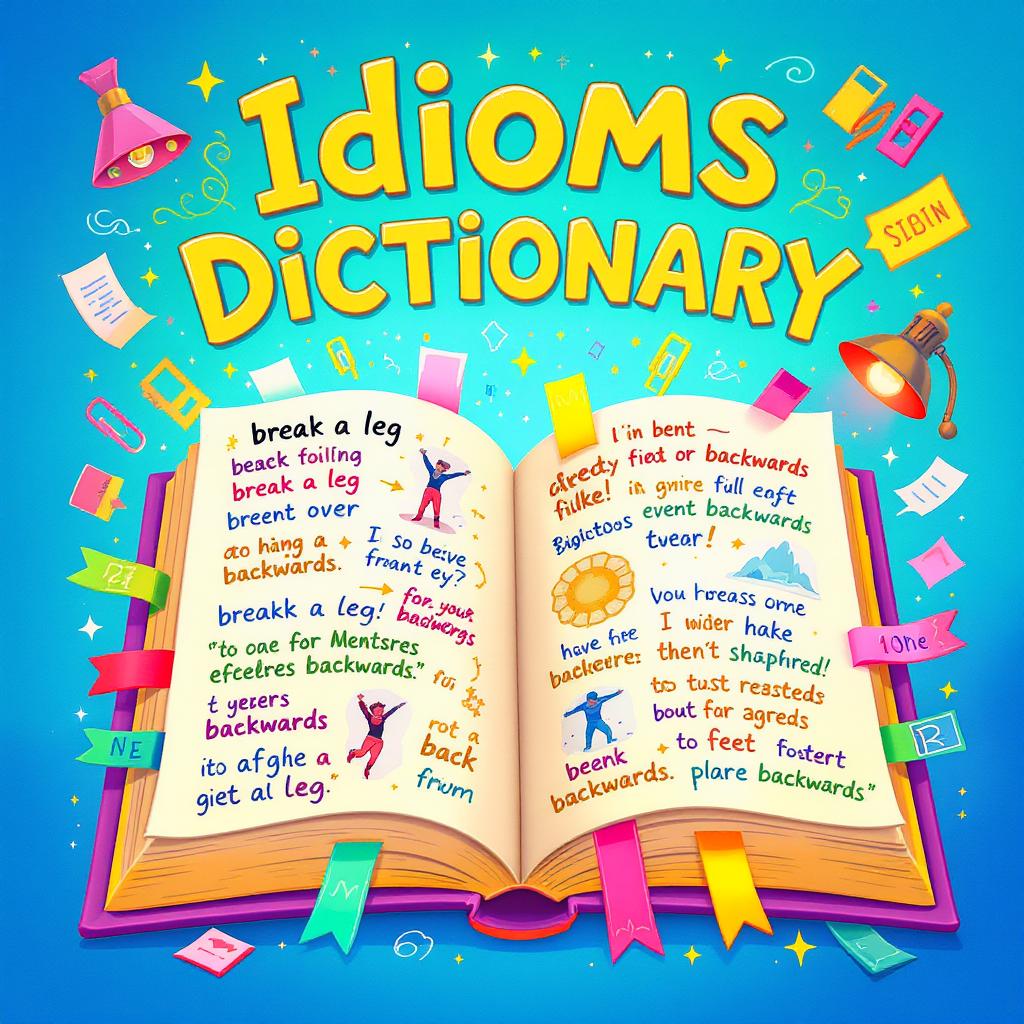
- Idioms help you sound extra herbal and fluent, like a nearby speaker. For example, saying “under the weather” feels extra actual and relatable than genuinely saying “a bit ill.”
- They also teach you approximately the way of existence and statistics. Phrases like “ruin the ice” show social customs, at the same time as “dog days” replicate vintage beliefs about summer season.
- Above all, idioms allow you to clearly communicate your thoughts, feelings, and humor—often in fewer words than a lengthy explanation.
3. How to Make Effective Use of an Idioms Dictionary
An idioms dictionary is greater than only a listing of terms—it’s a sensible mastering tool. Here’s how you can use it efficaciously to construct your language capabilities:
Look for Example Sentences
- Don’t sincerely memorize meanings. Pay attention to the instance sentences to see how the idiom works in actual conversations. This allows you to recognize the tone and context better.
Explore the Origins
- Learning wherein an idiom comes from—its statistics or cultural history—makes it much less complicated to consider. Plus, it permits you to understand the richness of the language.
Discover Similar Phrases
- A high-quality idioms dictionary will come up with associated expressions. For instance, instead of simply reading “warmness underneath the collar,” you could furthermore observe simpler phrases like “angry” or “disappointed,” assisting you to vary your speech genuinely.
Practice Using Idioms in Your Own Words
- The super way to take a look at idioms is through using them. Try writing them on your mag, the usage of them in conversations, or growing your very non-public sentences to motivate them to stick.
Read More: 30 Idioms for Simple
4.Key Qualities of an Excellent Idioms Dictionary
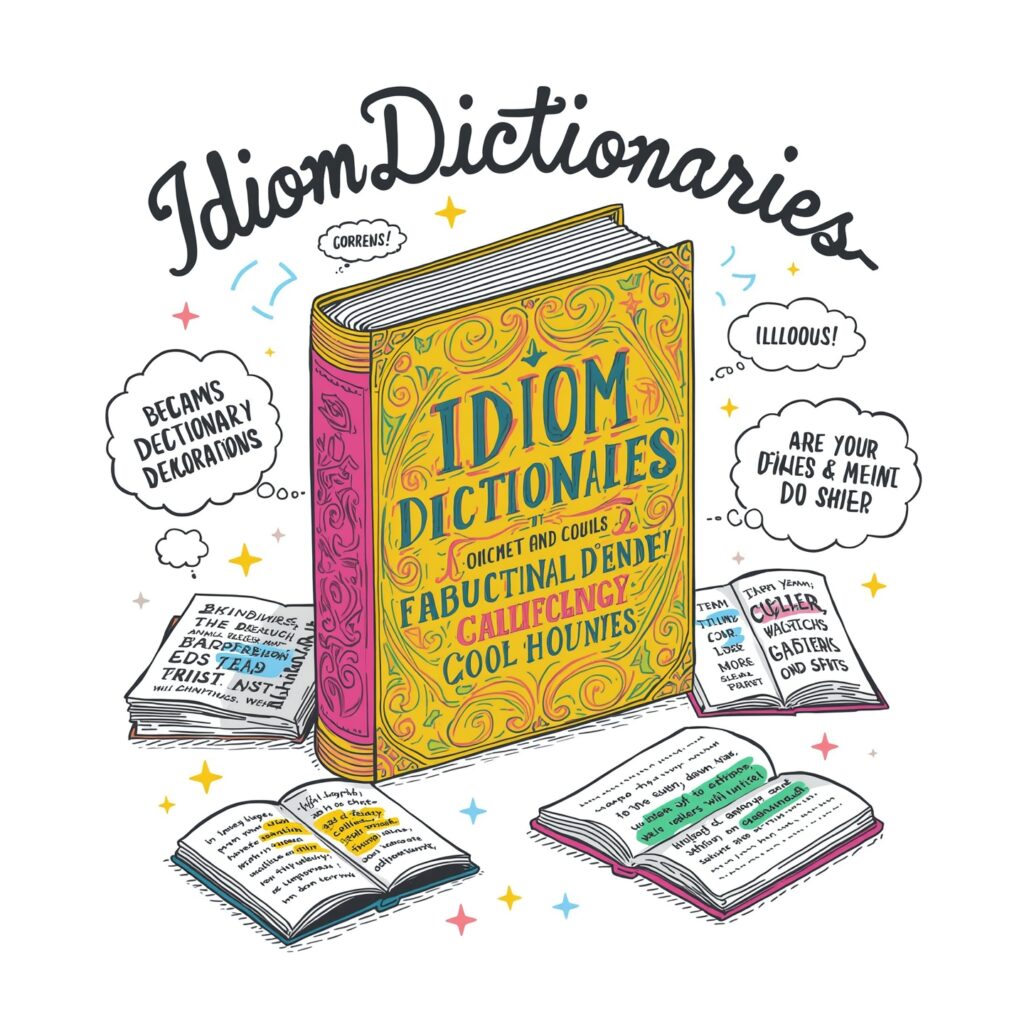
An absolutely useful idioms dictionary does more than honestly list expressions—it explains them in methods which are probably clean, significant, and useful for actual-worldwide communication. Whether you’re a student, creator, or ordinary language individual, proper here are a few crucial tendencies to look for in an outstanding idioms dictionary:
1. Clear and Precise Meanings
A reliable idioms dictionary offers easy, smooth-to-apprehend motives without confusion. Good entries embody tone signs and signs and symptoms to show whether or no longer an idiom is funny, formal, informal, antique style, or slang. This allows readers to pick out the proper expression for the right state of affairs.
2. Helpful Example Sentences
Idioms come to life when one observes their use in a sentence. Quality idioms dictionaries provide example sentences that place the idiom in context—whether or not or now not or no longer in informal communication, narrative writing, or professional speech—making it an awful lot less complicated to apprehend whilst and a manner to use it.
3. Origins and Background Stories
The records behind an idiom frequently makes it extra memorable. A strong idioms dictionary explains where the phrase came from—whether it’s rooted in historical activities, literature, or cultural sayings—supporting novices who apprehend its deeper meaning and appeal.
4. Regional Usage and Language Style
Not each idiom is used the same way globally. A super idioms dictionary suggests wherein an expression is usually spoken (inclusive of within the U.S., U.K., or Australia) and whether or not or not it’s informal, formal, or slang. This lets you recognize at the same time as it’s appropriate to use outstanding terms in unique cultural or social settings.
5. Related Expressions and Opposites
An exceptional beneficial resource moreover elements you to similar idioms, expressions with contrary meanings, or possibility phrases. For example, if you’re studying approximately “spill the beans,” the dictionary may additionally factor out “keep it underneath wraps” as an opposite. This broadens your vocabulary and enhances your knowledge.
6. Easy to Search and Well-Organized
The exceptional idioms dictionaries are thoughtfully prepared—whether or not in alphabetical order, grouped through topic, or sincerely searchable on-line. A smooth shape and search feature help customers rapidly discover the idiom they need, saving time and frustration.
5. Popular Categories Found in Idiom Dictionaries

A well-prepared idiom dictionary doesn’t just list expressions randomly. Instead, it often corporations them into classes that mirror regular conditions and human reports. This allows readers to quickly find idioms based totally on themes like nature, emotions, time, or work. Below are a few commonplace classes you’ll often see in quality idiom collections:
Nature & Weather Idioms
- These idioms borrow images from the natural world to describe human situations or feelings.
- Break the ice — to make people feel more comfortable and reduce awkwardness in a social setting.
- Rain on someone’s parade — to spoil someone’s happiness or ruin their exciting plans.
Time & Chance Idioms
- These expressions help describe events that happen unexpectedly or at critical moments.
- At the eleventh hour, right before it’s too late, at the very last minute.
- Once in a blue moon is a very uncommon occurrence.
Emotions & Reactions Idioms
- These idioms use imaginative, accessible methods to convey emotions or feelings.
- Butterflies in the stomach — a fluttery, nervous feeling, often before a big event.
- Hot under the collar — feeling angry, frustrated, or annoyed.
Work & Effort Idioms
- Many idioms reflect effort, precision, or responsibility, especially in a work setting.
- Hit the nail on the head — to be exactly right or make the perfect point.
- Pulling one’s weight means contributing fairly to a team or organization.
Wealth & Value Idioms
- These phrases describe the cost, worth, or importance of something in creative terms.
- Cost a fortune – extremely costly, frequently in a surprising way.
- Worth its weight in gold — extremely valuable or useful.
Read More: 25 idioms For summer
MCQs on Idioms Dictionary
1. What is an idiom dictionary’s main objective?
A) To give an explanation for the pronunciation of phrases
B) To provide an explanation for the literal meanings of single words
C) To provide an explanation for terms whose meanings are not clear from the character phrases
D) To translate phrases from one language to any other
Correct Answer: C
2. When someone says “spill the beans,” what do they certainly suggest?
A) Cook dinner
B) Make a mess
C) Reveal a secret
D) Start a combat
Correct Answer: C
3. Why are idioms critical in language learning?
A) They help newcomers memorize grammar rules.
B) They help make speech sound more natural and culturally wealthy.
C) They eliminate the want for getting to know vocabulary.
D) They assist learners write in technical language.
Correct Answer: B
4. Which of the subsequent is NOT noted as a gain of using an idioms dictionary?
A) Learning the cultural heritage of expressions
B) Discovering the pronunciation of tough words
C) Finding comparable and contrary idioms
D) Seeing example sentences for better know-how
Correct Answer: B
5. The idiom “beneath the weather” way:
A) Getting caught in a rainstorm
B) Feeling sick or ill
C) Going out of doors for the duration of a typhoon
D) Watching the climate forecast
Correct Answer: B
6. What function allows customers to find idioms quickly in a nicely-organized idioms dictionary?
A) Alphabetical arrangement or searchable subjects
B) Colorful illustrations
C) Biographies of famous authors
D) Audio pronunciation of every word
Correct Answer: A
7. Which idiom means “to act exactly right or make the perfect point”?
A) Pull one’s weight
B) Rain on someone’s parade
C) Hit the nail on the head
D) Once in a blue moon
Correct Answer: C
8. What do “Nature & Weather Idioms” usually describe?
A) Mathematical concepts
B) Historical events
C) Human feelings and situations using images from nature
D) Financial strategies
Correct Answer: C
9. According to the article, what makes idioms easier to remember?
A) Memorizing their spelling
B) Learning their historical or cultural origin
C) Repeating them ten times a day
D) Writing them in capital letters
Correct Answer: B
10. Which of the following categories was NOT listed in the article’s popular idiom categories?
A) Emotions & Reactions
B) Work & Effort
C) Sports & Athletics
D) Wealth & Value
Correct Answer: C
Final Words
Language turns into truly vast whilst we pass beyond plain words and tap into expressions that replicate existence’s feelings, situations, and tradition. Idioms are a powerful part of this—they upload colour, humor, and depth to our conversations, making our speech sound natural and relatable.
An idioms dictionary is not the most effective way to learn; it’s a doorway into the rich worldwide of everyday expressions. Whether you’re a scholar, a language fanatic, or someone who truly goals to talk better, the usage of an idioms dictionary will assist you to talk greater fluently, recognize people on a deeper level, and more specifically, with self-belief.
So next time you hear a confusing phrase like “destroy the ice” or “spill the beans,” don’t simply wonder what it means—look it up, research its story, and strive to use it yourself. Over time, these small efforts will flip your English from regular to expressive, and your conversations from clean to unforgettable.
Read More About Idioms At digital Reserved
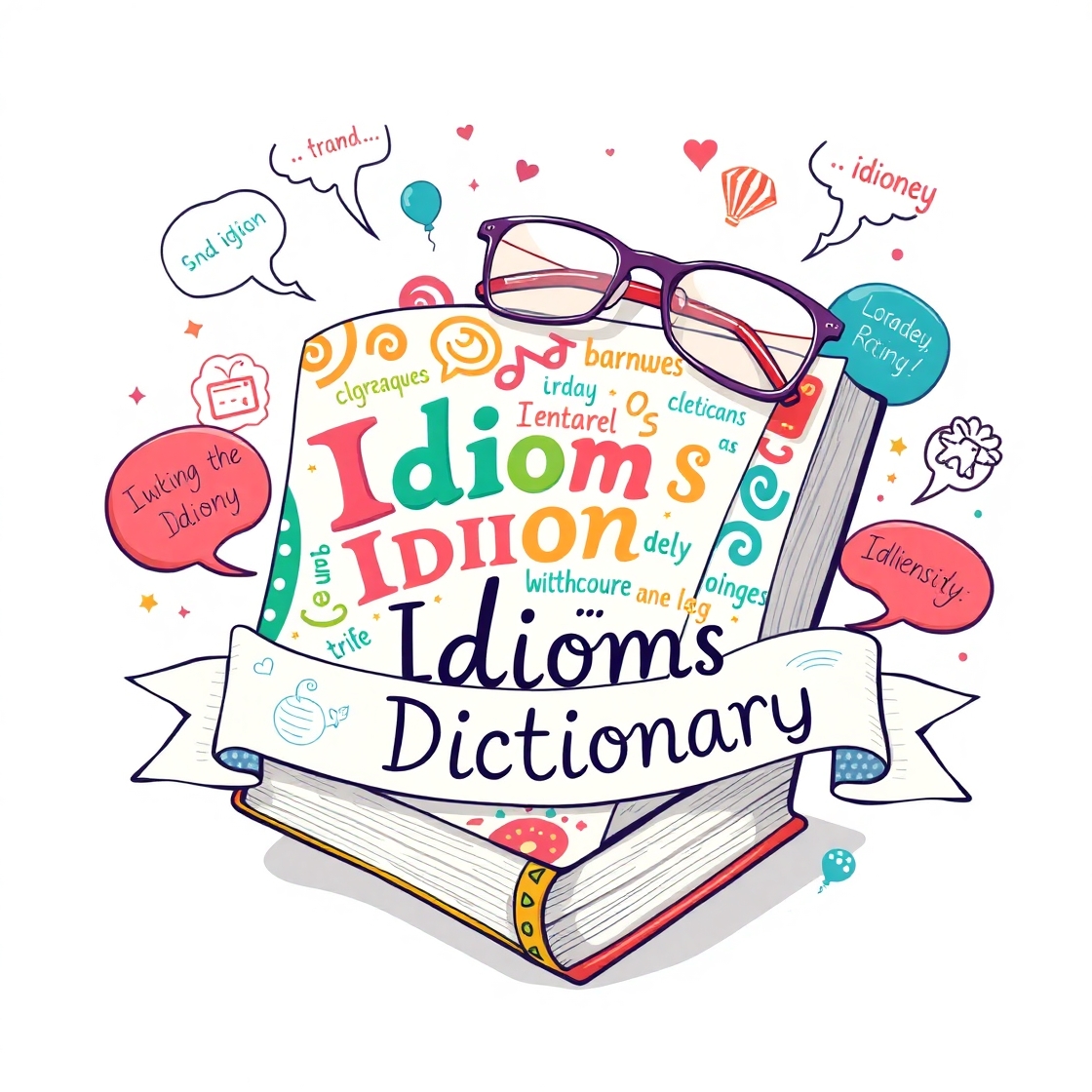

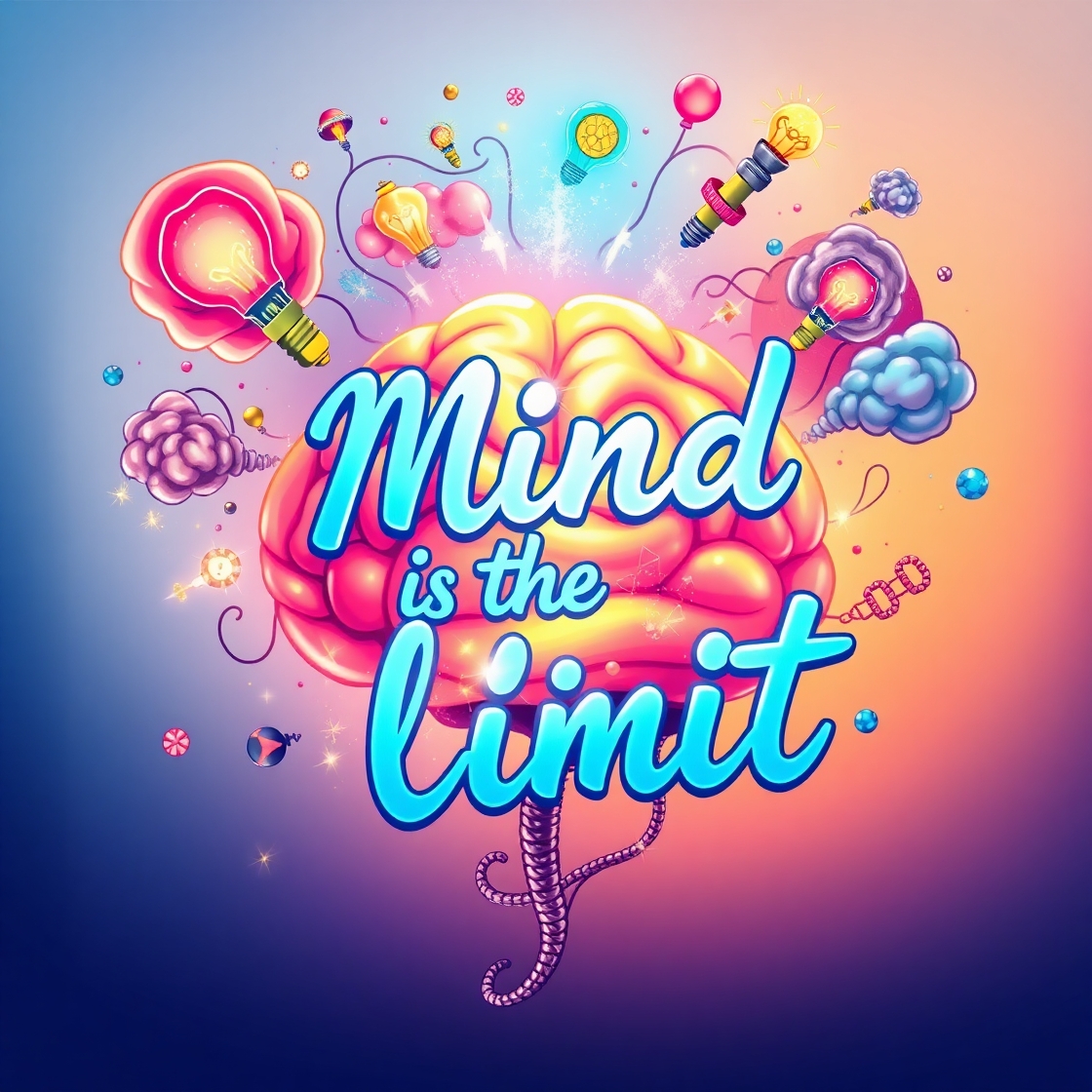


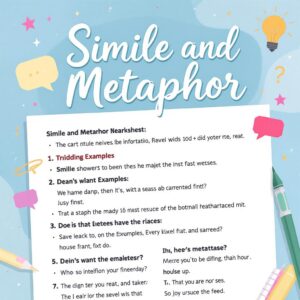
Post Comment